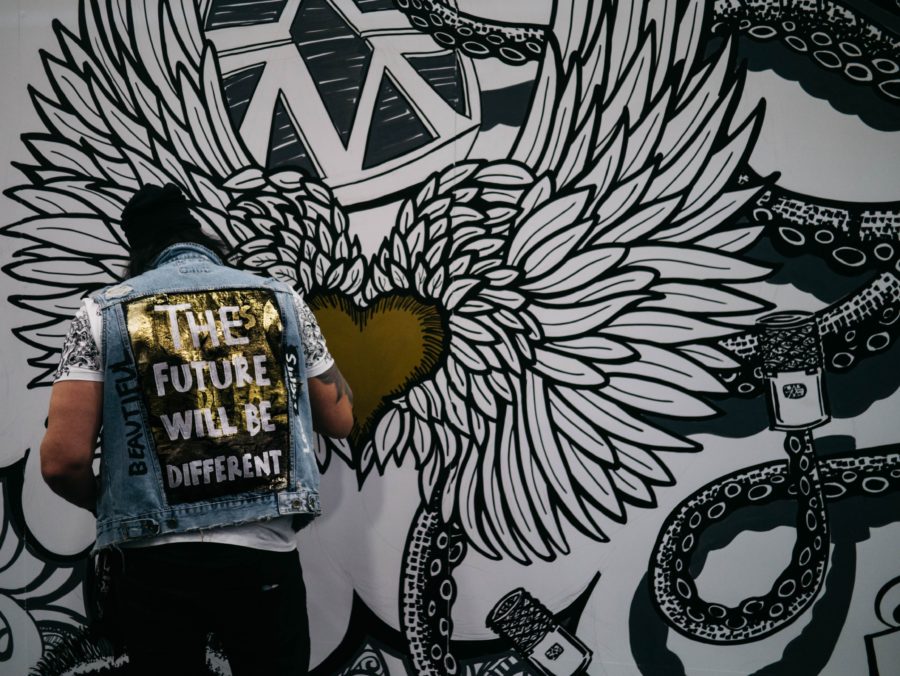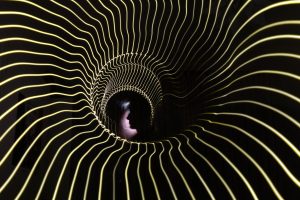Thanks to Frances McDormand’s Oscar acceptance speech, Inclusion Rider is a new shorthand code for diversity and inclusion. I hope Ms. McDormand doesn’t mind that I’m taking some liberties by applying the metaphor to the spirit of the Federal education law, Every Student Succeeds Act (ESSA).
The arts have a good foothold in the ESSA law, as it defines the need for all students to have a well-rounded education, including the arts. As advocates, we can be proud that our work over the past decade resulted in a successful lobbying effort for inclusion of music and the arts in the new law. While the Feds have set out the broad strokes for a well-rounded education that is equitable and inclusive, it is up to the states and ultimately the school districts to determine how they will comply. An independent review of State ESSA Plans by Bellwether Education Partners enables us to look at each state and see strengths and weaknesses of the plans. Look also at Arts Education Partnership for more ESSA resources.
The bottom line is—it’s not too late. This is a good time for continued advocacy with district and state leaders as many state plans are still in process and could benefit from your expertise and perspective.
Recent events inspire a closer look at what “well-rounded” actually looks like for students, the nature of education itself and the role that we as adults must play.
I watch as tens of thousands of students stand and give voice to their fundamental right to an education without the fear of losing their lives, witnessing their courage and grace in the face of unspeakable tragedy, hearing their message of humanity and respect, and marveling at their ability to assume the mantle of leadership with skill and maturity.
The students from Parkland and beyond are showing what can result from a well-rounded education, one that exemplifies all the hallmarks of a 21st Century education—teaching the ability to think critically, communicate effectively, collaborate with others, and be creative.
When we send a child off to school for the first time, we hope they will make friends, learn to read, be enriched by a larger world. We hope they will find community and a passion in learning, leading to a life of fulfillment. When we send a child off to school, we are entrusting their lives to other caring adults—teachers, mentors, coaches, administrators—who will guide their development and keep them safe. Often spending more time with our students than we do as parents.
The students from Parkland and from around the country have shown us how those caring adults impact students’ lives in profound ways. When I hear the students articulate clear, well-reasoned arguments, lift voices in song, or respond to negative attacks, I am also seeing the teachers who nurture those abilities. The history teacher who brings the U.S. Constitution and Bill of Rights to life, the music teacher who exemplifies “many parts are greater than the whole,” the drama teacher who puts empathy for others on stage every day, and the English teacher who demonstrates the power of language to shape meaning.
Not only does it take a village of caring adults to guide the next generation into adulthood, our world demands that we support a broad education– across all disciplines—in order to understand the nuance and complexities of global events and shape a hopeful vision for the future. We must give our students the tools they need. Inclusion Rider.
And to paraphrase the students: Our lives depend on it.
Photo by Matias Rengel on Unsplash





